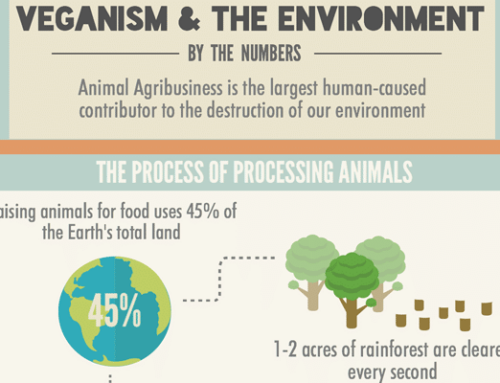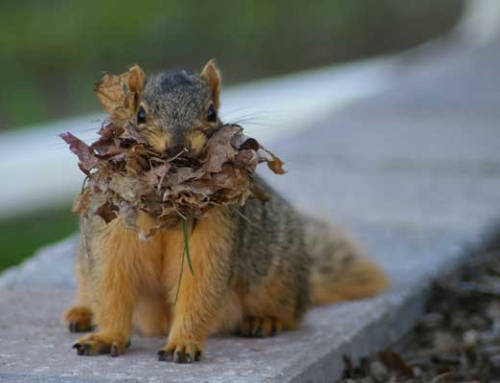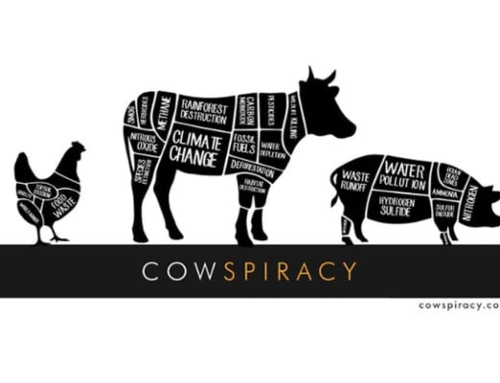Lawn & Garden Month: Who’s Producing Your Food?
Disclosure: This post may contain affiliate links
Being ethical with our food choices can be challenging, but everyone can make changes that seriously impact our contribution to an unjust food system.

What's in this post
Share This Story!
Lawn & Garden Month: Who’s Producing Your Food?
By Amanda Crow, Guest Contributor
April is National Lawn and Garden month. This post is part of an on-going series taking a look the Food Not Lawns movement through the vegan lens.
When the ethics of food are discussed, there is one severely affected group that is often forgotten. Yes, billions of animals are largely ignored, but thanks to the tenacity of animal rights activists, their voices are being heard. The group I am referring to is farm workers, from the laborers that grow and pick our produce to the ones that work on factory farms and in slaughterhouses.
I believe that veganism is about all animals, human and nonhuman. Even separating the two, veganism is still a human rights issue for several reasons, workers’ rights included. The reality is that a majority of farm and slaughterhouse workers are poor people of color and immigrants – undocumented and not – who have come here with the hope and promise of a better life. Farms take advantage by forcing these desperate people to work long hours in extremely dangerous conditions for less than minimum wage, which is not even a living wage in our country. Often, the workers cannot afford the very food they help produce.
RELATED READING: Global Hunger & Veganism
There are ways to minimize our contribution to this injustice. Going vegan is the most imperative step to take. We should never pay an industry that forces humans to do the worst of the worst to animals, considering most people could never do it themselves. I hate when farm workers are demonized when undercover videos come out. Yes, there are sadistic people that most likely were that way prior, but most of the workers are in a system that forces them to become desensitized and disconnected from the animals. Otherwise, how could they reasonably kill or participate in the cruel confinement of millions of animals? The choice is easy – never participate in the system because paying for it is the same as doing it.
What about the exploitation of laborers that pick our fruits and veggies? This is another example of why Food Not Lawns is so important. Growing food ensures that we are not contributing to the mistreatment and abuse of our most vulnerable people. It is nearly impossible for most people to self-sustain on gardening, but community and personal gardens can make a substantial difference. With greater control of our food, we can begin to demand better conditions and wages for workers. Farm work is one of the most dangerous jobs out there with the sad reality of children being part of the work force.
Being completely ethical with our food choices is challenging, but every single person can make changes that seriously impact our contribution to an unjust industrial food system. First and foremost, for the human and nonhuman animals, GO VEGAN. Second, grow your own food, whether in your own yard or in a community space. Third, aim to purchase foods that are fair trade or that you know have been produced using fair practices. Together, we can make ethical food choices that will improve this world for all life.
Photo credit: Bread for the World






Thank you SO much, Daria, for your compliment and interesting thoughts!! I appreciate you sharing your personal experience.
I am sure things have only gotten worse and will continue to do so. I think it’s so important for people to understand that the industry itself is violent and exploitative and that humans are just as much a part of the exploitation. No one should have to do what is necessary to raise and kill animals.
Thanks again!
My mother worked in a local “meat packing” plant when she was very young (before I was born). She helped to make the sausage. When I stop and think of this it always takes me a moment to reconcile that it’s true. After all, she raised us on meat.
While I suppose the sausage-making part of the plant is a few points away from a whole, living animal, she did know the rabbi who came in to supervise the kosher slaughter and was friends with a guy who stunned the animals. It tells me something that he felt the need to smoke something each morning before his shift; dulling his senses to get through, perhaps?
I certainly don’t condone the existence of these places in any way, shape or form, but there’s probably a difference between 1970’s meat packing plants and those of today – especially in the form of worker exploitation. At the heart of it, though – there are workers now and workers then who desperately needed to make money to support themselves and their families. Thank you for pointing out that we need to look at the system from a human rights slant, too!